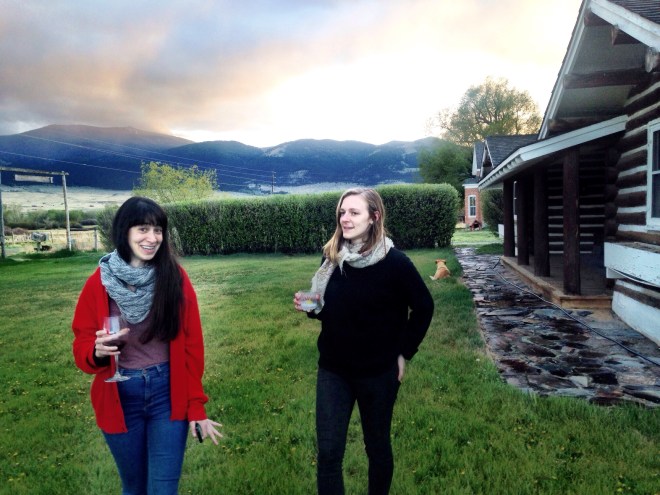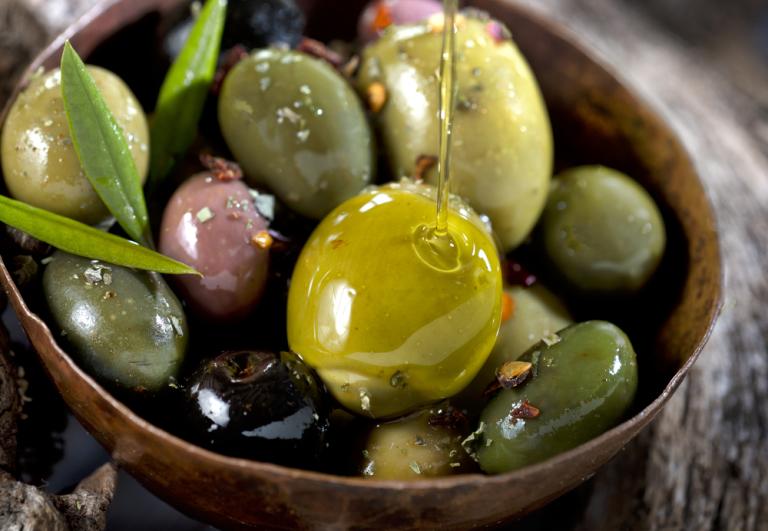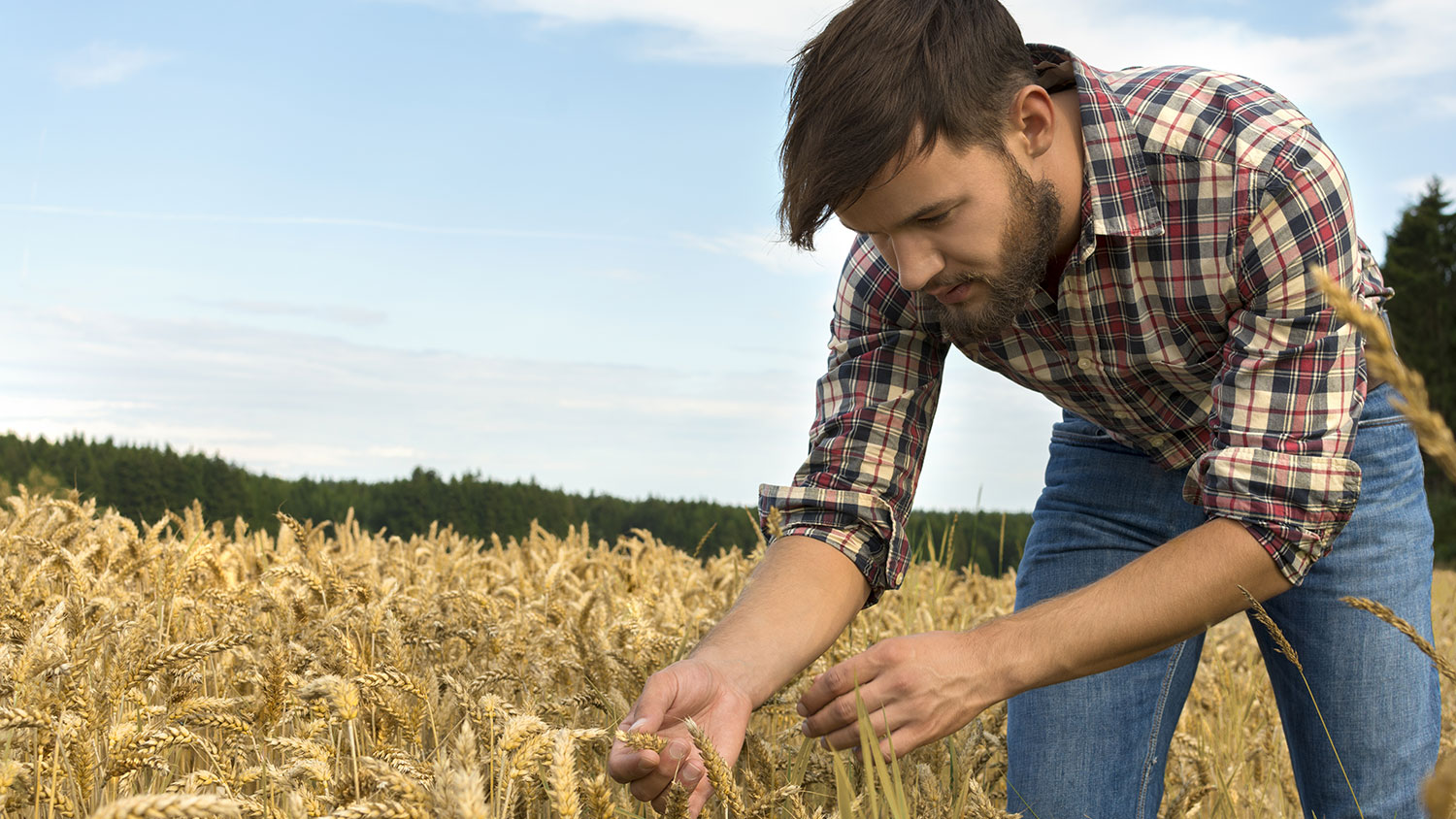I’ve spent the last two months with my head down for Farm Size Matters, our series on agriculture of the middle. I’m not sure what I expected by pitching a 20-story project, but it certainly wasn’t hopping out of bed at 3 a.m. to check stats on black farmers or calling up my grandpa for a rundown on how grain elevators work. I’m on the other side now, tired — yet hungry for more.
In case you weren’t following: Farm size matters because farmers should be able to make a living raising our food without becoming a gigantic operation. Farm size matters because as our agricultural system consolidates, rural America dries up. Farm size matters because the people who know their land will make the best decisions for it. Farm size matters because farmers matter.
So, why does Grist matter? When I pitched a big project on mid-size farmers, I didn’t once hear: “That’s pretty wonky. You’re going to spend a bunch of time on that? Bring us something shiny that’ll get clicks.” Instead, the response was overwhelmingly: “What can I do to help?”
And help they did. Our writers and editors spent hours tracking down farmers who were willing to talk about losing their farms. They drove across Iowa, did stories on incredibly difficult topics, and nearly lost thumbs to the Kansas cold. I couldn’t have done this series without them, and we couldn’t have done this series without you.
You created the space for us to learn and write and tackle big topics. By giving to Grist, you helped us hire writers and launch our fellowship program. You were critical to the series — so erm, hope you liked it.
Some writers vow to never read the comments, and they can be pretty harsh, but I’ve always gotten a lot from our commenters. It’s a chance for us to hear from you on what is — or isn’t — working. Here are a couple of choice quotes that made all of those late nights worth it. From Michael Berndtson:
This series is excellent. I may not agree with everything, but that’s not the point. Agriculture impacts everybody and everybody has an opinion, whether it’s on the production side or consumption side. And whether or not opinions are right or wrong. Putting all these issues out there, like Grist has done, is what matters. Allowing for open commenting does help for entertainment sake at least. I’ve learned a lot from comments here. Also, I’ve gotten to drain my spleen, which is nice.
As this is the end of the series I’d like to take a moment to express my appreciation to the editors and writers of grist for having the courage to do a series that may go a short way towards ameliorating the abysmal ignorance of Americans about agriculture and food. Climate change and industrial agriculture along with over population are the biggest drivers of cataclysmic ecological change in this century and climate change gets all the press, as little as that is. Thanks to you-all for getting some words and pictures out!
Thank you, Ron and Michael, and prost to that spleen! And thank you to Grist for giving us room to create, and not questioning it when four of us jumped in a car and headed off to my family’s ranch in Montana to celebrate.

Madeleine Thomas
After a whirlwind trip — where Grist editors got to meet ranchers, see how farms work, and enjoy not just a few glasses of wine — we’re back. I spent hours in the car thinking about the important things and the people who matter (a couple are pictured above, looking a little overwhelmed by the past month).
Grist matters because this planet matters, and we will put all of our energy into the matters that really, well, matter. As you can tell, I’m full of gratitude to be working with such a talented and helpful team. We just finished up the series, but we’re already gearing up for more. And we’re toasting while typing, because slowing down just isn’t in our nature.
The same spirit goes for you, dear Grist reader. Thank you, thank you, thank you, and: More, please.




